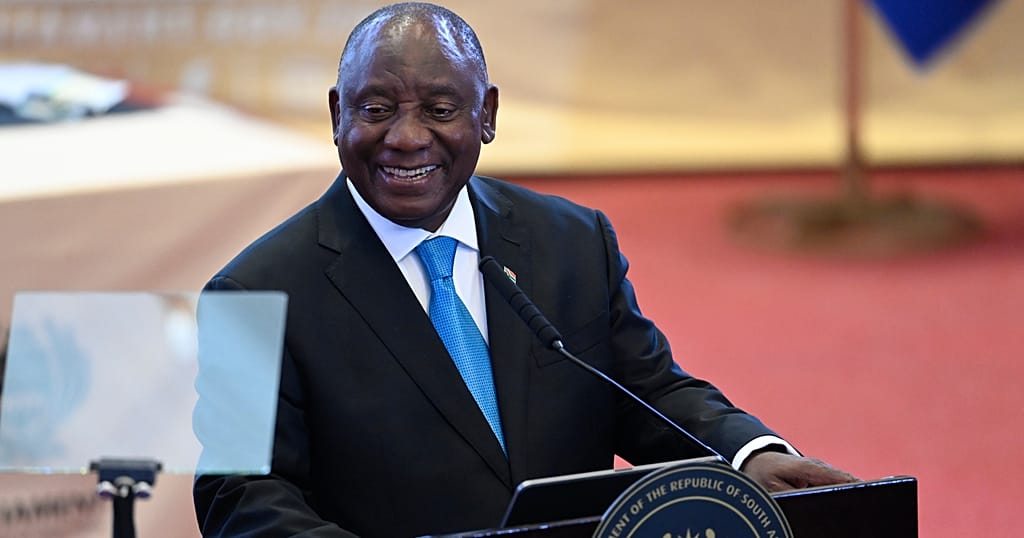The Nigerian stock market experienced a significant decline over the past five days, with investors losing a substantial N2.8 trillion between November 3 and 7, 2025. The equity market capitalisation fell to N94.9 trillion, while the All-Share Index (ASI) dropped by 2.99 percent to 149,524.81 points, down from the previous week’s 154,126.46 points.
The market trend was bearish throughout the week, with Monday’s losses amounting to N245.88 billion. The decline continued on Tuesday, with an additional loss of N611.96 billion, followed by the largest single-day drop of N1.31 trillion on Wednesday. The sell-offs persisted, with further losses of N347.75 billion on Thursday and N318.78 billion on Friday, resulting in a total weekly loss of N2.8 trillion.
Market activity also slowed down, with investors trading 3.575 billion shares valued at N107.011 billion in 146,429 deals, compared to the previous week’s 7.479 billion shares worth N145.429 billion exchanged in 159,487 deals. The financial services industry dominated the trading volume chart, with Fidelity Bank Plc, FCMB Group Plc, and Aso Savings & Loans Plc leading the trading by volume.
In terms of price movement, 20 equities appreciated during the week, while 75 equities declined, and 51 remained unchanged. NCR (Nigeria) Plc recorded the highest price gain at 20.94 percent, followed by Eunisell Interlinked Plc with a 20.17 percent increase. On the other hand, Sovereign Trust Insurance Plc led the losers with a 28.21 percent decline, followed by C & I Leasing Plc, which dipped by 20.16 percent.
The latest market performance underscores continued investor concerns over market volatility, macroeconomic uncertainty, and profit-taking activities across multiple sectors. Recent developments, including President Donald Trump’s designation of Nigeria as a Country of Particular Concern, may have also impacted investor confidence in the Nigerian stock market. As the market continues to navigate these challenges, investors will be closely watching for signs of stability and growth. The decline in investor confidence may have significant implications for the country’s economy, highlighting the need for policymakers to address the underlying concerns and restore investor trust.



